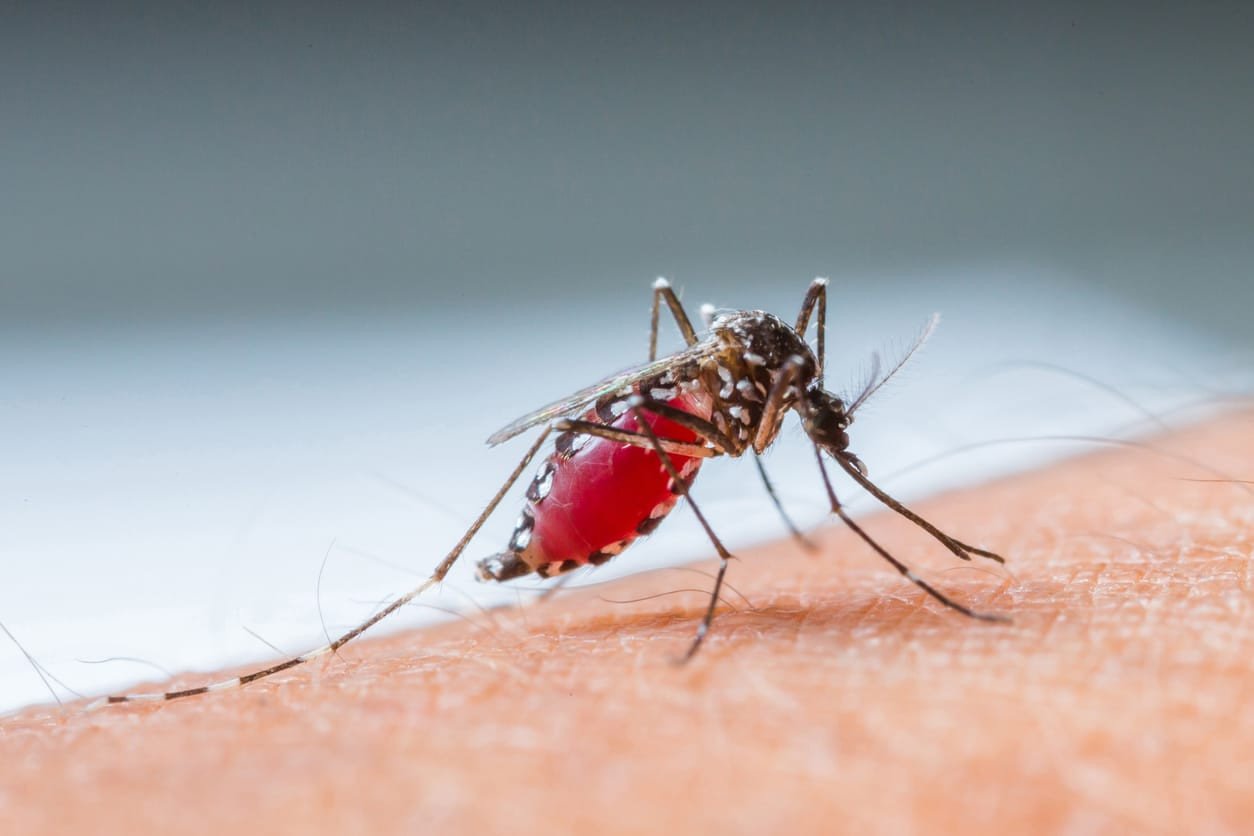
Mahkatop — Australia is currently experiencing an outbreak of the gastrointestinal disease cryptosporidiosis. Cases of this parasitic infection have increased fourfold in 2024 compared to the entire year of 2023.
According to data released by the National Notifiable Disease Surveillance System (NNDSS), there have been 11,747 reported cases of cryptosporidiosis in 2024. This is a significant rise from the 3,716 cases recorded in 2023, marking the highest number of cases since the NNDSS began collecting data in 2001.
Approximately a quarter of all cases involve children under the age of four. Cryptosporidiosis is caused by the parasite Cryptosporidium, commonly found in the feces of infected humans and various livestock and pets. The disease can spread through person-to-person contact, consumption of unpasteurized milk or dairy products, and swimming in or drinking contaminated water.
The most common symptoms of this disease include diarrhea, fever, nausea, and vomiting, which typically appear between 1-12 days after infection and can last for several days to weeks.
Dr. Aileen Traves, Vice President of the Royal Australian College of General Practitioners Queensland, noted that general practitioners have observed a surge in infections, particularly among children in daycare and school-age children.
“It’s challenging because there is no treatment other than rest and staying hydrated. The main thing people need to do is prevent its spread,” Dr. Traves said, as reported by The Sydney Morning Herald.
Queensland has experienced the worst of the outbreak, with nearly half of the recorded cryptosporidiosis cases occurring there, possibly due to people swimming in the warmer climate. Dr. Traves also highlighted that tourists tend to continue swimming after symptoms subside, instead of waiting the recommended 14 days to prevent further infection spread.
“This isn’t happening in isolation, and when people travel, an outbreak in one area can spread very effectively,” she explained.
Clinical gastroenterologist and academic at Western Sydney University, Vincent Ho, stated that outbreaks like this occur occasionally but are likely to decrease during the winter season.
“We expect the numbers to drop assuming there are no vectors of spread,” Dr. Ho said.
Authorities continue to urge the public to remain vigilant and take preventive measures to reduce the risk of spreading this disease.(*)







